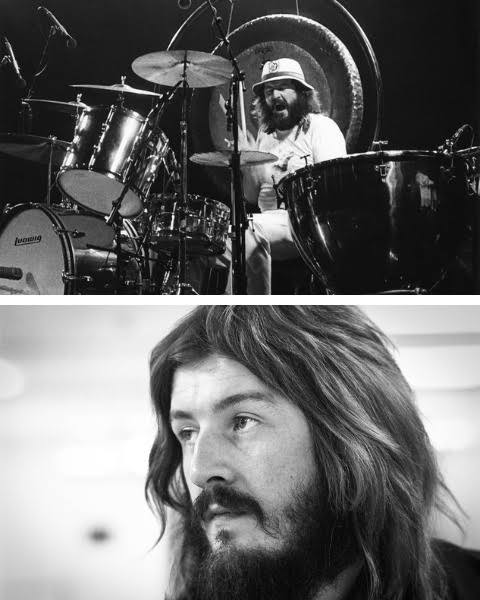On this day in 2005, legendary drummer John Bonham was voted No. 1 in Classic Rock Magazine’s list of the “50 Greatest Drummers in Rock”, an honor that affirmed his lasting legacy as one of rock’s most powerful and influential musicians. The magazine cited “Moby Dick” as Bonham’s defining moment — a drum solo that remains iconic not just for its technical brilliance, but for its raw, primal energy.
First recorded for Led Zeppelin II in 1969, “Moby Dick” evolved into a live spectacle, often stretching beyond 20 minutes in concert. What set Bonham apart was not just his speed, precision, and creativity, but his fearless showmanship. During these extended solos, he would often ditch his sticks entirely, choosing instead to pound the drums with his bare hands, producing thunderous rhythms that mesmerized audiences. The physicality of his performances, especially in “Moby Dick,” showed not just skill, but a deep, almost spiritual connection to his instrument.
Bonham’s influence extended far beyond Led Zeppelin. Drummers across generations — from Dave Grohl to Neil Peart — have cited him as a major inspiration. What made Bonham so remarkable wasn’t just his power behind the kit, but his ability to swing—to make even the heaviest grooves feel fluid and alive.
Though his life was tragically cut short in 1980, Bonham’s drumming continues to set the standard. “Moby Dick” remains a towering testament to his genius, a moment where drums took center stage in rock music and reshaped the role of a drummer forever. For many fans and musicians alike, there was only ever one true hammer of the gods — John Bonham.










